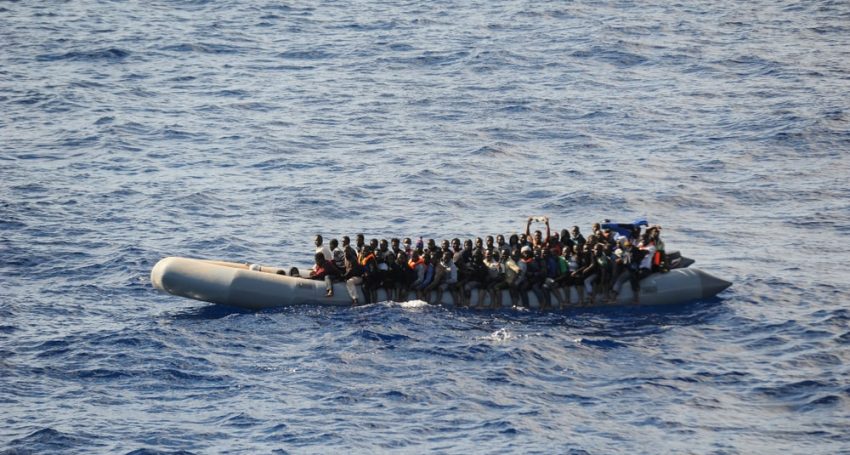The tougher measures for controlling immigration were a long time in the making but necessary, considering that the problem seems to grow every year. In fact, the weaknesses of the system in dealing with asylum seekers has made Cyprus an attractive country for economic migrants seeking entry into the European Union.
Since 2014 the number of asylum seekers has more than doubled, reaching 33,000, said interior minister Nicos Nouris, presenting the four government bills aimed at speeding up procedures for the examination of asylum applications and returning applicants to safe countries, clamping down on sham marriages, and imposing tougher criteria for colleges accepting foreign students. All bills are designed to help the authorities eliminate the loopholes in the law that are exploited by asylum seekers and their lawyers.
It is a wonder why it has taken the authorities so long to tighten the laws and speed up procedures. It was no secret for instance, that many third world nationals were enrolling in private colleges and universities and subsequently seeking asylum. Between 2017 and 2019, 3,214 foreign students applied for asylum, said Nouris, while another 2,239 entered “sham marriages” with European nationals in order to stay on the island. From September, apart from bank certificates foreign students, enrolling at colleges and universities would have to submit a signed statement, saying their life was not in danger and would be banned from working; a limit would also be placed on the number of foreign students at each college/university.
These are sensible, practical steps that do not violate any rights. It might be a bit more difficult, however, for the authorities to tackle ‘sham marriages,’ but it does not mean it cannot be done. Most important however are the steps for speedily dealing with applications – examining applications of nationals from countries classed as safe within 10 days and initiating repatriation procedures as soon as they are rejected. Asylum seekers will stay at a migration centre that is being prepared, until the examination of their application is completed and a decision is reached.
There will be activists and NGOs that will criticise the government’s measures, but they would not have a very strong case. After all, war refugees and asylum seekers that are being threatened in their country will not be sent home. As for the rest, Cyprus is too small a country to become home to tens of thousands of economic migrants and the government is perfectly justified to take measures to stop their arrival. Once the tougher measures become known and it is heard that bogus applicants are speedily repatriated, the arrival of migrants to the island will gradually decrease, which is ultimate objective.



